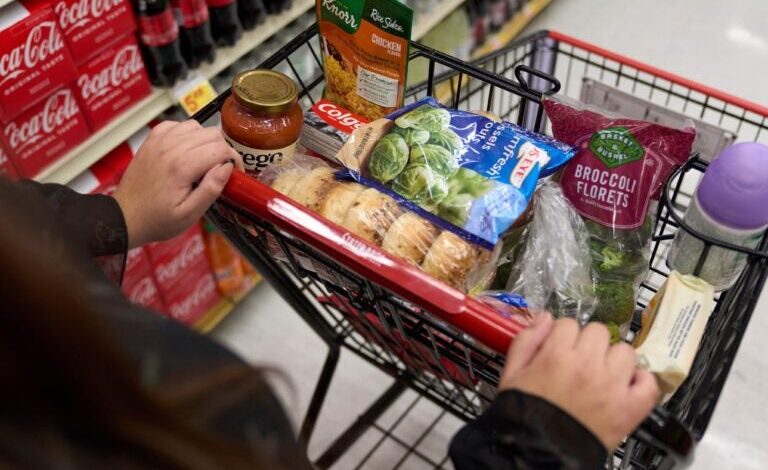New SNAP Work Requirements Threaten Food Assistance for Thousands

Changes to the Supplemental Nutrition Assistance Program (SNAP) are set to take effect on September 4, 2023, introducing new work requirements that could jeopardize food assistance for many recipients. Under the recent provisions of the federal budget bill signed by former President Donald Trump, individuals aged under 55 without dependents will now need to prove that they work or volunteer for at least 20 hours a week to maintain their benefits.
Philadelphia resident Chris Parks has relied on SNAP for over five years while caring for her brother, a kidney transplant recipient with an intellectual disability. The assistance has been crucial in managing her household expenses, especially amid rising grocery prices. “It really helps, especially now with prices fluctuating at the various markets,” Parks said. “You shouldn’t have to feel that you have to compromise food in order to pay for other things.”
The new regulations have left many recipients like Parks concerned about potential loss of benefits, as thousands scramble to provide documentation proving they qualify for exemptions due to health issues or caregiving responsibilities. “With this new requirement, which is quite complicated, we’re worried that many people may lose access to SNAP, not because they’re no longer eligible, but because they don’t get the correct piece of paper in and processed at the right time,” stated Lydia Gottesfeld, an attorney at Community Legal Services of Philadelphia.
The new rules could affect an estimated 144,000 residents in Pennsylvania and 45,000 individuals in Philadelphia alone. Many of these people will need to find work or risk losing their SNAP benefits. The requirement extends to veterans and individuals aged 55 to 64 starting in November 2023.
For some, including recent retirees, the prospect of returning to work can be daunting. Parks expressed her frustration, saying, “The last thing you want to be hit with is, ‘If you want to sustain your SNAP benefits, you have to go back out into the workforce.’” She emphasized that her focus is on securing food for her household, rather than being concerned about discounts available to SNAP recipients at local attractions.
Those who earn more than $217.50 per week before taxes are exempt from these new requirements. Others must submit proof of employment or volunteer work, or risk their benefits being limited to just three months every three years. Moreover, some immigrants, including refugees, have been removed from SNAP eligibility altogether.
Advocacy groups are urging residents to be vigilant about notifications regarding these changes. Many individuals remain unaware of the implications of the new regulations. Gottesfeld noted, “We’re hearing a lot of surprise, and people trying to understand the rules that are coming, and what paperwork they need to submit.”
As the deadline approaches, the impact of these changes looms large for countless families relying on SNAP for essential food assistance. Advocates continue to call for clearer communication and support for those affected, emphasizing the importance of maintaining access to adequate nutrition.






